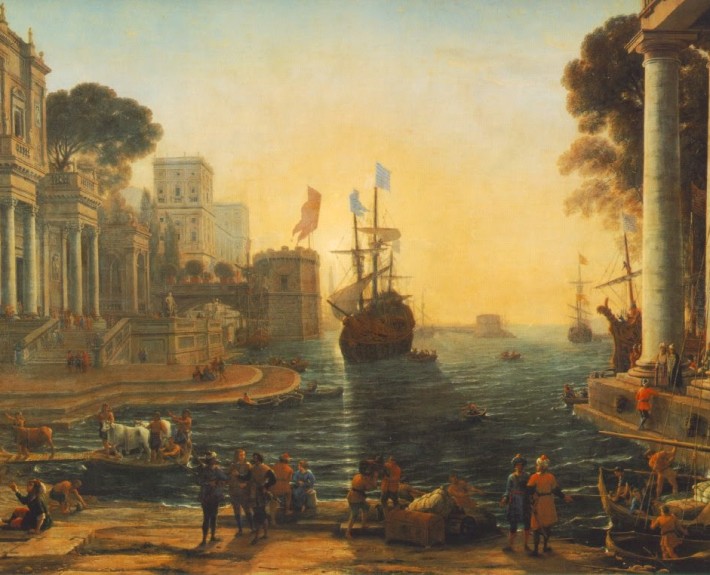Ithaca
When you set out for Ithaka
ask that your way be long,
full of adventure, full of instruction.
The Laistrygonians and the Cyclops,
angry Poseidon – do not fear them:
such as these you will never find
as long as your thought is lofty, as long as a rare
emotion touch your spirit and your body.
The Laistrygonians and the Cyclops,
angry Poseidon – you will not meet them
unless you carry them in your soul,
unless your soul raise them up before you.
Ask that your way be long.
At many a Summer dawn to enter
with what gratitude, what joy –
ports seen for the first time;
to stop at Phoenician trading centres,
and to buy good merchandise,
mother of pearl and coral, amber and ebony,
and sensuous perfumes of every kind,
sensuous perfumes as lavishly as you can;
to visit many Egyptian cities,
to gather stores of knowledge from the learned.
Have Ithaka always in your mind.
Your arrival there is what you are destined for.
But don’t in the least hurry the journey.
Better it last for years,
so that when you reach the island you are old,
rich with all you have gained on the way,
not expecting Ithaka to give you wealth.
Ithaka gave you a splendid journey.
Without her you would not have set out.
She hasn’t anything else to give you.
And if you find her poor, Ithaka hasn’t deceived you.
So wise you have become, of such experience,
that already you’ll have understood what these Ithakas mean.
Constantine P. Cavafy
Life as a Journey – Ithaca by Constantine P. Cavafy
“Ithaca” is based on Homer’s account of Odysseus’s journey home. As you may expect from this influence, the poem has so much to say about life in all its complexity, with both the setbacks and the positive memories that become inevitable. Like so many self-help books advise, the poem urges you to live for the journey rather than the expected end-point, in order to have a flourishing and fulfilling life.
As “Ithaca” suggests, we should not wish away our time, but “ask that [our] way be long”. We may have problems at work, financial worries, or have lost a loved one, but when we eventually, and inevitably, overcome these troubles (or when we reach our own metaphorical Ithaca) we will be so much the stronger. Moreover, if the same challenges reoccur – which is likely – we will be able to deal with them in a much stronger and more experienced way.
Be aware of how life is for you now, and ensure to be appreciative of all the art, culture, and beauty that you could quite easily have never seen. I often think in this way when times are hard, and it really helps lift my mood. It’s so easy just to spend time looking at a beautiful painting, listening to a timeless piece of music, or reading a classic. Or, quite simply, dwell on what you’re learning from your current hardship.
The Return of Odysseus, Claude Lorrain, 1644.

